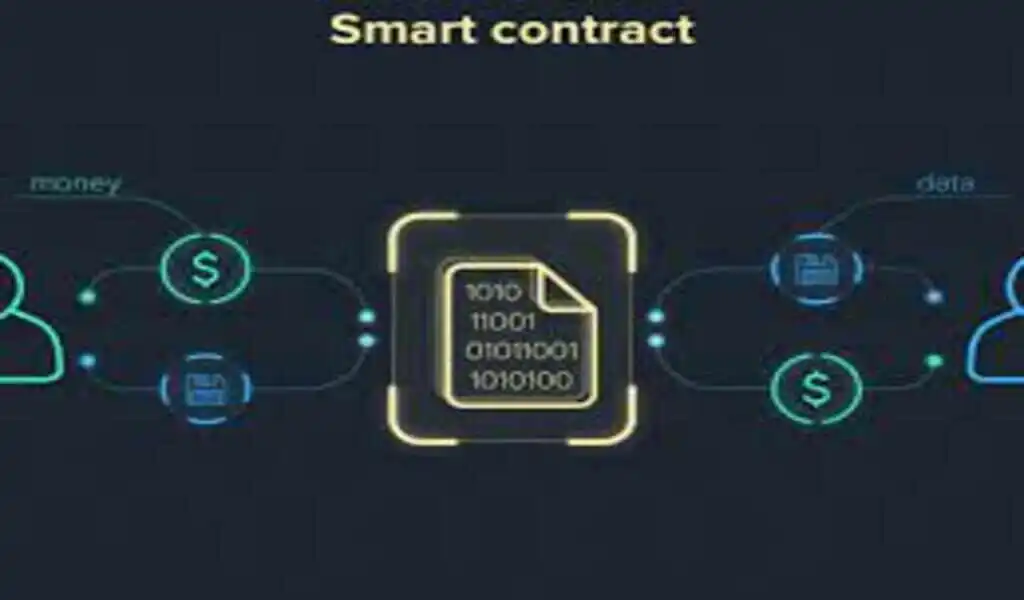Smart contracts are programs that guarantee secure transactions on the blockchain. They are essential for the normal operation of cryptocurrencies, as they generate a foundation for a trustless system. Similar to the blockchain, smart contracts were also created to facilitate cryptocurrencies. But as people understood the benefits of their utilization, they started occupying various industries.
So, what are the best and most viable smart contract use cases?
Decentralized Finance (DeFi) Projects
DeFi projects are already creating a viable alternative to the current financial system. They run on blockchain and validate transactions through smart contracts. They make it possible to create a system that resembles a financial institution and eliminates third-party interference.
Unlike banks, DeFis enable the users to borrow or lend money, trade or make transactions without the approval of authorities. They make financial services accessible to wider groups of people. Poor credit score won’t be a determining factor in the DeFi ecosystem – everyone will be able to borrow money without any issues.
More importantly, DeFis make it possible to protect personal data while interacting with financial services. With encrypted verification, it’s possible to prove your identity without compromising sensitive information.
NFTs and Gaming
Blockchain and smart contracts are facilitating the development of NFTs (non-fungible tokens) and the gaming industry. They can create a completely different ecosystem in which in-game assets will have value even outside the game.
It’s made possible through NFTs that resemble cryptocurrencies. They have a digital value yet they are unique and are often represented in the form of artwork. Thanks to blockchain development, collectibles, games themselves, special characters, or prizes can all be turned into NFTs within the gaming industry.
By facilitating the purchase of NFTs, smart contracts make it easier to reach an agreement between the parties.
Decentralized Autonomous Organizations (DAOs)
DAOs are probably the future for corporations, as they are decentralized organizations that operate on a blockchain. Through various smart contracts, the members of DAOs agree to the common terms and conditions. Each party fulfills its end of the deal, making it possible to manage the organization without a ruling body.
Thanks to smart contracts, DAOs can transform corporate structures and reduce expenses for companies. Since every member of the organization has to play a specific role, DAOs can guarantee that the work will be completed even without a formal office.
Real Estate Projects
Smart contracts can simplify real estate investment significantly. They can streamline complicated documentation and paperwork, allowing individuals to enter the market effortlessly. The transfer of titles would be fully automated, which would speed up the processes significantly. By incorporating smart contracts, anyone would be able to buy/sell properties without brokers and agents.
Such a direct relationship between the buyer and the seller will essentially reduce the costs while opening the market for broader groups of people. Smart contracts will facilitate the tokenization of real estate properties, making it possible to store records about each transaction on the blockchain.
Healthcare Transformation
The healthcare system can also benefit from the integration of blockchain and smart contracts. Identification and authentication are the biggest challenges in the industry. A public ledger will allow transparent data sharing without revealing personal data, while smart contracts can regulate the legal scope of the matter.
Moreover, smart contracts and blockchain can improve the efficiency of the healthcare supply chain. Data about available donors, blood supply, or medicines would be accessible through a public ledger, reducing the amount of waste and speeding up execution during emergencies.
Identity Management
Blockchain and smart contracts can improve identity management. A Decentralized Identifier (DID) smart contract makes it possible to take control of your personal data completely. Even though you’d have to go through verification, you can remain anonymous on the blockchain itself. Your personal information will be protected with a private key, making it virtually impossible to hack or steal sensitive data.
DIDs take identity management even further by making it possible to verify identity with digital tokens. They would eliminate intermediaries in the process of verification, making it easier to create or manage digital identity.
Conclusion
Smart contracts have multiple viable use cases, yet some of them might be impossible to implement at the moment. But as scientists develop a more sophisticated code, smart contracts will positively affect most industries.
People Also Read:
109 Live Wild Animals Found In Luggage At Airport In Thailand
Elderly Man’s Road Accident Death Staged, Son Arrested for Murder






